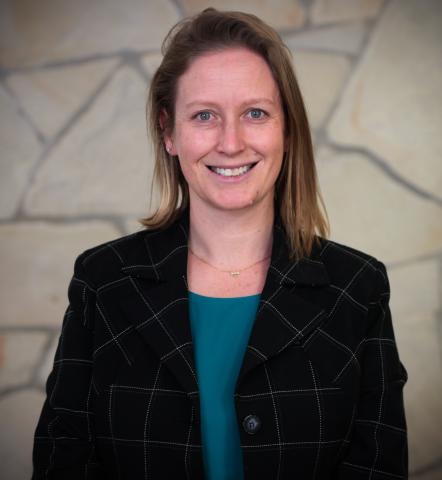The science behind Sport Integrity Australia
Celebrating International Day of Women and Girls in Science
The quest to keep sport free from doping is one underpinned by science. Sport Integrity Australia (SIA) is one of only a small number of National Anti-Doping Organisations with a dedicated team of scientists.
Our Science and Medicine team work hard to understand the science of doping and the analytical procedures used to test samples. Being at the forefront of wider developments in forensic science is an essential part of the team’s role in deterring, disrupting and detecting doping in sport.
And it’s a role undertaken by a team where the gender balance is firmly on the female side. Around 80% of staff in our Science and Medicine team at Sport Integrity Australia, along with membership of the Australian Sports Drug Medical Advisory Committee, are women.
This year’s International Day of Women in Science theme is: Unpacking STEM Careers: Her Voice in Science.
It is the 10th anniversary of the event and an opportunity to acknowledge the rich contribution of women to the field of science.
SIA Assistant Director of Science, Dr Gemma Payne, always knew she wanted to study science.
“My earliest memory of liking science was in Year 5,” she said.
“I remember my teacher bringing in some sheep hearts from the butcher, and we got to cut them up.
“I was so hooked, and I remember asking the teacher, ‘can I take them home with me?’, and she's like, ‘sure’. So, I bundled them up and took them home on the school bus.”
Gemma studied Forensic Chemistry at university and after completing honours continued her studies, undertaking a PhD based at the Australian Federal Police (AFP) forensic labs where she worked as an AFP forensic chemist.
Gemma, who’s always had a keen interest in sport, arrived at SIA almost 3 years ago, keen to transfer the skills that she had developed throughout her career in the AFP to a different organisation.
From engaging with athletes to help them understand the risks of supplements, to assisting athletes with the Therapeutic Use Exemption process, to working with investigators in the intelligence team, Gemma finds herself with a happy variety at SIA.
“One of my favourite things to do is to go out to outreach events,” she said.
“I recently went out to the Uni Games and manned the SIA booth there and talked to athletes about different aspects (of the agency’s remit).
“It's so common in wider society to just take the supplements that you can get in a supermarket or a chemist not knowing the risks as an athlete and the potential to test positive from those supplements.”
When it comes to the work of women in science, Gemma believes that women bring a fresh perspective to old problems.
“For hundreds of years, science and medicine have been dominated by men so having old assumptions and data challenged and refreshed is important to evolve our knowledge,” she said.
“I think having women in science and medicine is also vital to ensure we have advocates and leaders for issues such as women’s health.”
Importantly, female athletes benefit from having women in science working within sport.
“Women make up a large proportion of athletes, and having a representative, a voice, in an agency such as SIA ensures that these athletes are represented,” Gemma said.
“The athlete population is so diverse, and I believe this diversity must be reflected in the organisations that work side-by-side with sport, to ensure integrity in sport.”
When asked what advice she would give women and girls interested in a career in science, Gemma highlighted the endless opportunities.
“It’s ok to not know exactly what you want to do when you start out,” she said.
“I had an overall interest in science but when I left school, I didn’t know what type of science, and it was at a time before forensics was really popular.
“I’ve always kept myself open to interesting opportunities because you never know what doors these open in the future.”
We’re pleased that science opened a door for Gemma to join the team at SIA to apply her expert skills in protecting the integrity of sport in Australia.
Hear more of Gemma’s insights on science in our new podcast episode, out now!
Vodcast available via our YouTube channel.
Podcast also available from:
Fast facts
In 2024:
- 4,951 samples were collected from athletes. Anti-Doping continue to be a vital role played by SIA.
- A 20% increase of completed SIA educational activities = total of 157,000
- 98% of people felt confident being able to check a supplement, which aligns with 67,000 supplement checks on the Sport Integrity app.


